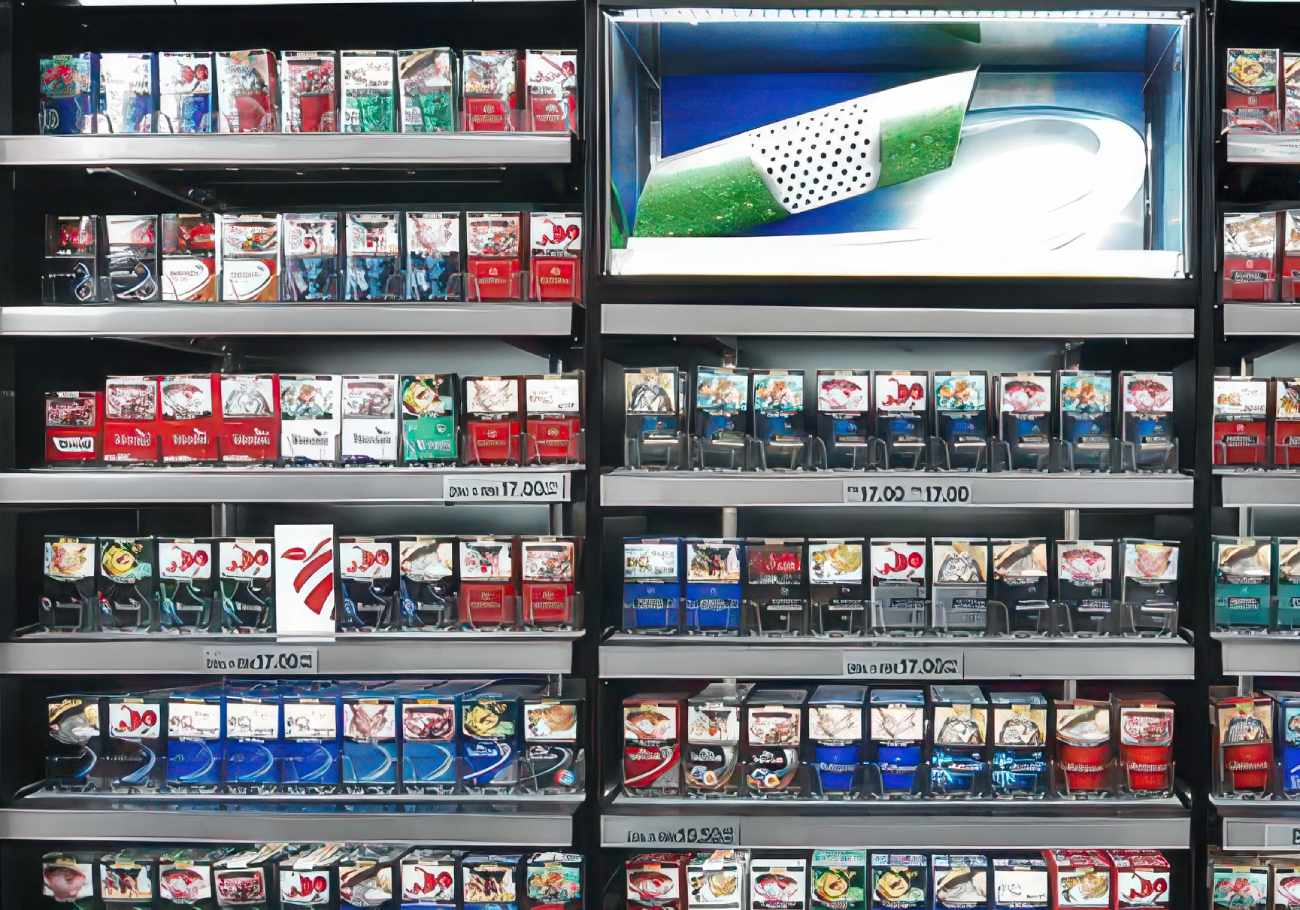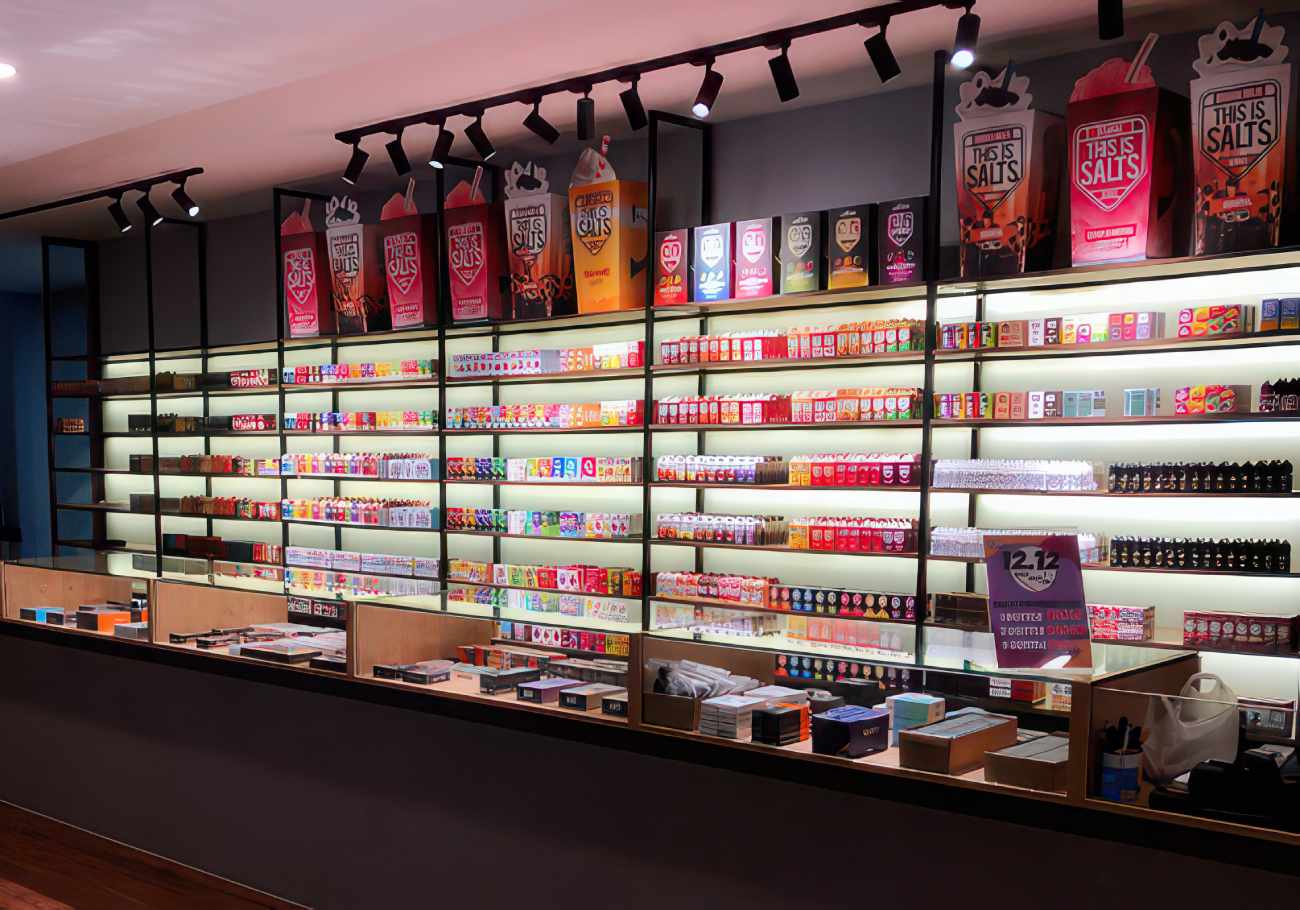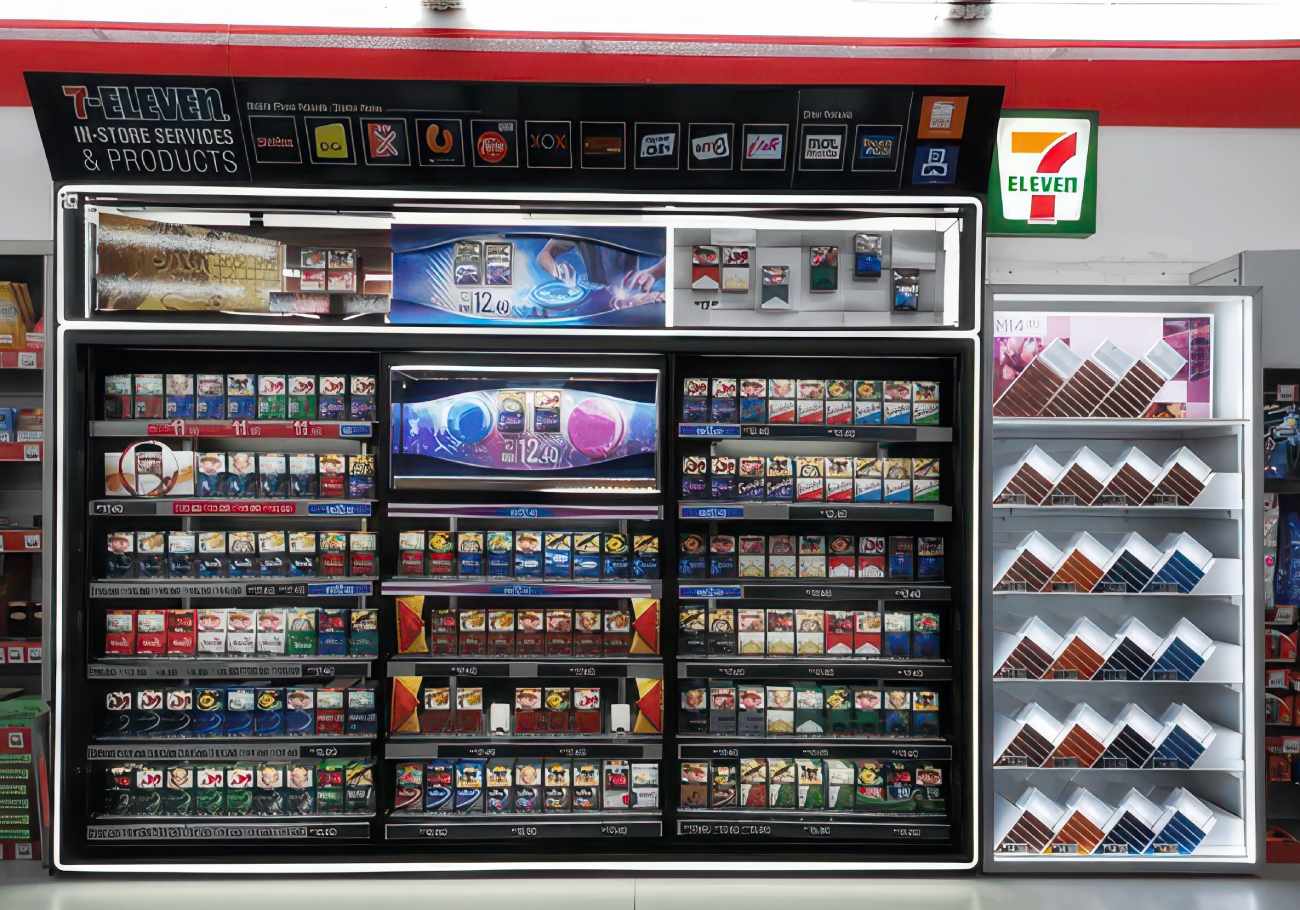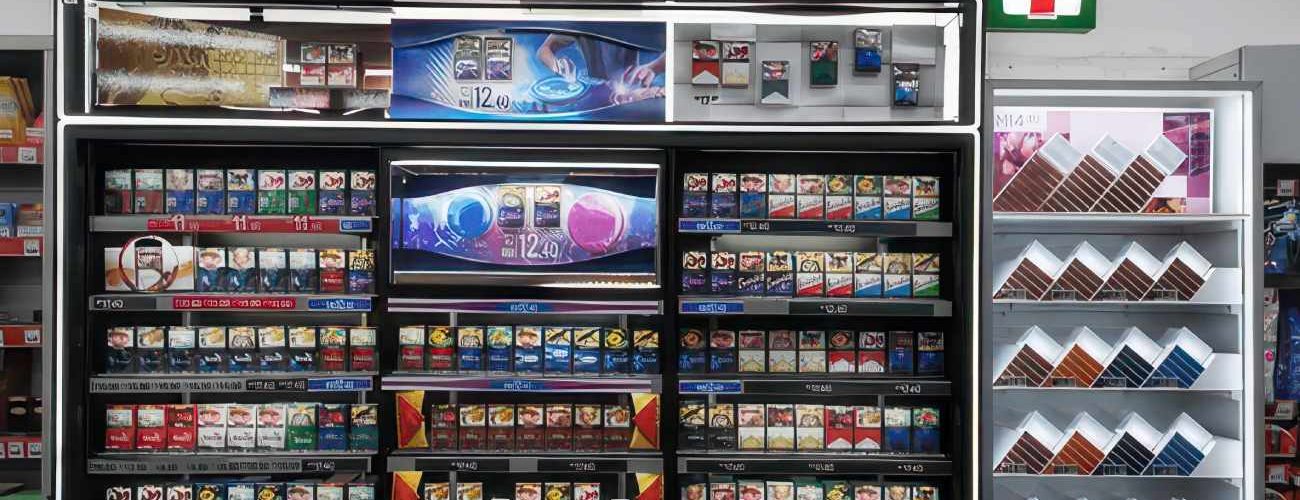
In response to recent claims from the Federation of Sundry Goods Merchants Associations of Malaysia (FSGMAM), the Consumers Association of Penang (CAP) clarifies its stance on the Ministry of Health‘s (MOH) tobacco and vape product display ban.
The ban aims to protect public health. CAP insists that retailers, not the government, should bear compliance costs.
Misleading compliance cost claims

CAP argues that established smokers know their brands, meaning the ban won’t hurt sales. “Any decline in new smokers should be seen as a positive public health outcome,” they add.
FSGMAM’s compliance cost estimates are inflated. Retailers can store tobacco and vape products in simple, concealed systems without high expenses.
FSGMAM’s claim that compliance will cost RM6,000 per store lacks evidence. Basic storage solutions, like cabinets behind the counter, can suffice.

The assertion that the ban could cost RM300 million ignores practical retail practices. The tobacco industry has enough resources to adapt.
FSGMAM’s president, Hong Chee Meng, argues that the display ban, effective April 1 next year, was introduced too quickly and without financial help.
He claims compliance could cost RM300 million nationwide. CAP counters that retailers can use inexpensive solutions, such as generic cabinets, to comply.
“Compliance costs should be borne by the tobacco industry,” they assert.
Real issue: Illicit tobacco trade

FSGMAM worries that the ban might boost the illegal tobacco market. However, CAP believes blaming Act 852 for this potential growth is misguided.
“Illicit tobacco trade has persisted in Malaysia for decades,” they state. Addressing this issue requires stricter law enforcement and tougher penalties for smugglers.
CAP strongly supports a complete ban on tobacco and vape products.
They believe this is vital for public health. Delays in implementing the ban will benefit the tobacco industry, not the public.

“Malaysians must avoid falling into the habit of smoking and vaping,” CAP urges.
In conclusion, while FSGMAM raises concerns about the tobacco display ban’s financial implications, CAP highlights its importance.
They assert that compliance costs can be managed and that reducing smoking rates outweighs financial burdens on retailers.
Readers should reflect on the health impacts and the need to protect future generations from tobacco addiction.
Public health should be the priority. Initiatives like the tobacco display ban are crucial for a healthier Malaysia.











